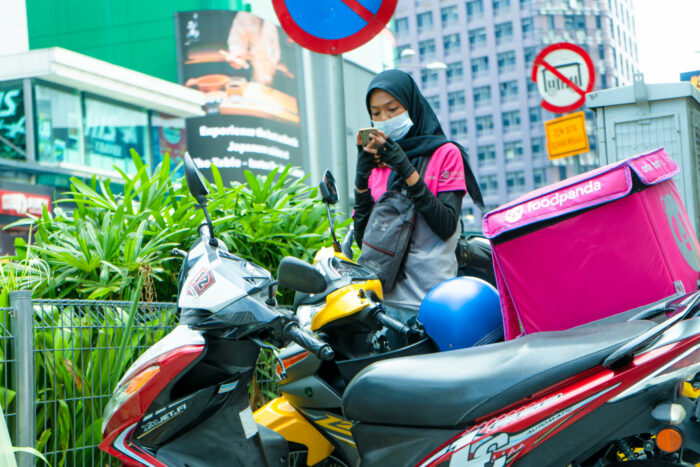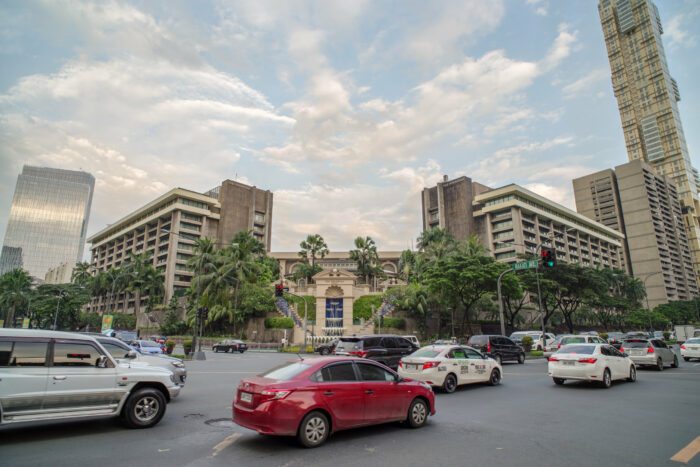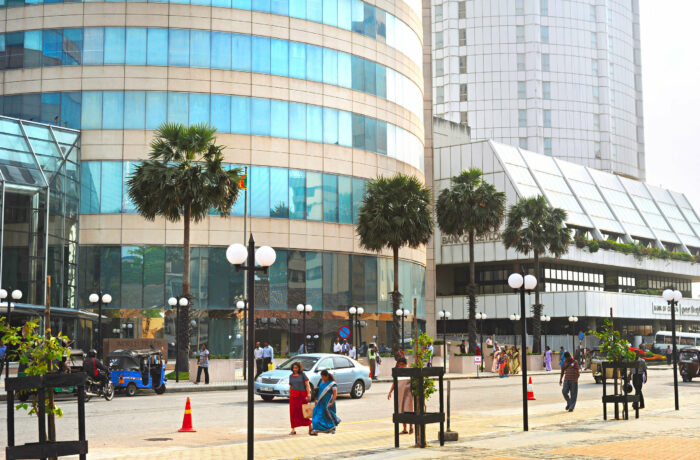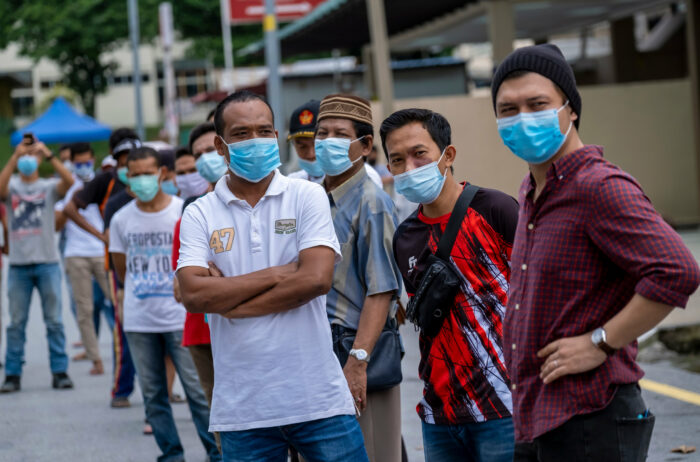Majority of South Korean businesses opt for WFH even after pandemic

About 75.2% of businesses said they plan to either continue remote-work policies at the current level or partially downscale it when the pandemic ends.
Indonesia aims to distribute wage subsidies by year end

The Ministry of Manpower is aiming to finish distributing the Wage Subsidy Assistance (BSU) to 1.7 million beneficiaries by the end of 2021.
Cambodia plans third co-financing scheme for SMEs

The government will, through the state-run SME Bank, offer US$250 million worth of loans to SMEs in the country.
China’s urban areas saw 12.07 million jobs created

A total of 12.07 million new jobs were created in urban areas across China from January to November this year, outperforming the 11.00 million target set.
Singapore’s resident employment grew in Q3

Resident employment grew by 19,100 in Q3 but, at the same time, non-resident employment fell by 21,500, said the Ministry of Manpower (MOM).
Malaysia mulls enacting new regulations for gig sector

New legislation is being considered to protect and safeguard the welfare and safety of workers in the gig sector.
WFH no longer default arrangement in Singapore

From January 1 next year, up to 50% of employees who can work from home will be allowed to return to the office.
Indonesia to implement job-loss insurance in 2022

The government is committed to implementing the Job Loss Insurance (JKP) programme, commencing 2022, said the Manpower Ministry.
Singapore prepares for employees’ return to office

About 97% of the labour force have been fully vaccinated against COVID-19 with about 75,000 workers still unvaccinated as of December 5.
Prenatal leave sought for working fathers-to-be in Taiwan

Democratic Progressive Party legislator Fan Yun has called on the government to grant expectant fathers a week of prenatal leave.
Malaysian union wants minimum wage to reflect cost of living

The Malaysian Trades Union Congress (MTUC) has called on the government to hike the minimum wage next year amid a rise in the cost of living.
Majority of Japanese companies to freeze or cut wages next year

About 54% of companies plan to keep salaries, including bonuses, unchanged next fiscal year, 4% plan to cut them and 42% expect to raise wages.
Malaysia registers lowest unemployment rate since last April

The jobless rate in the country dropped to 4.3% in October, falling 0.2 percentage point month-on-month and was the lowest since April 2020.
Singapore identifies core skills required for selected sectors

The “priority skills” workers need to have for the next three years are in the key growth areas of the digital, green and care sectors.
Job-creation programme addresses unemployment in the Philippines

To help people displaced by the pandemic, the Department of Public Works and Highways (DPWH) has launched a job-creation programme.
More Malaysian companies raising employees’ salaries

More employers are increasing the wages of their employees this year compared with 2020, reflecting a positive business recovery in the country.
Japan incentivises salary hikes with tax deduction

The government is encouraging smaller companies to raise staff salaries with tax deductions of up to 40%, and 30% for bigger companies.
Unemployment rate in the Philippines falls month-on-month

The jobless rate fell from 8.9% in September to 7.4% in October as more relaxed pandemic measures allowed people to find work.
SIT’s Work-Study Degree offers a win-win pathway for Inspire-Tech

Inspire-Tech shares how they have benefitted from participating in the Work-Study Degree pathway offered by the Singapore Institute of Technology.
Malaysia aims to grow jobs and reduce unemployment in 2022

The government has allocated RM4.8 billion (US$1.1 billion) to generate 600,000 job opportunities under Budget 2022.
Sri Lanka to provide social security for informal sector workers

The government is planning to make social security benefits available to insurance agents, journalists, carpenters, masons, labourers and domestic workers.
Malaysia’s new HRD Corp to manage national HR matters

The newly rebranded Human Resources Development Corporation will be the central agency for all human resource development programmes.
China’s government bodies to pay SMEs on time

Government entities purchasing goods, projects and services from SMEs should make payments between 30 and 60 days upon completion of the order.
Malaysia enforces employment under Recalibration Programme

Employers need to hire the 280,088 foreign workers who have been registered under the Labour Recalibration Programme (RTK) within two weeks.
Japan’s unemployment rate falls to 2.7% in October

Government data has shown that the country’s jobless rate fell to 2.7% in October, decreasing by 0.1 percentage point month-on-month.
Singapore’s resident employment rate rises to above pre-COVID levels

The employment rate for residents rose to 67.2% in June this year, up from 64.5% last year, and higher than the pre-pandemic level of 65.2% in June 2019.
Number of irregular workers in South Korea grows by 530,000

The number of irregular workers has increased from 8.5 million to 9.04 million in August, rising 6.35% year-on-year.
India’s first national employment policy to create more jobs

An expert committee has been set up to form a national employment policy that will help sectors with potential to increase mass employment.
New Zealand provides financial aid for companies with revenue shortfall

The government is granting financial support to help companies transition to the new traffic light system for managing COVID-19.
Malaysia’s employers and unions not expecting “Big Quit”

Group representatives from employers and workers do not foresee a mass resignation of employees in the short term unlike in Europe or the US.
